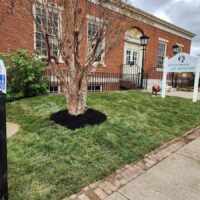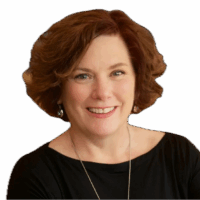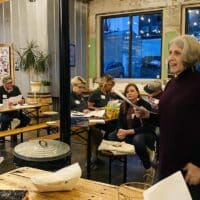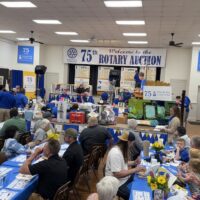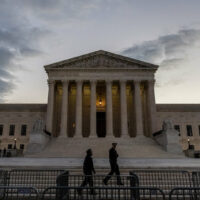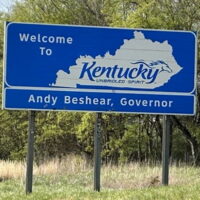Americans’ “church membership, church attendance and belief in God all declined during the pandemic years,” but the growing membership in nondenominational Christian churches gave that largely unorganized group its first plurality among U.S. believers, Daniel de Visé writes for The Hill’s “Changing America” series.
“At least one-fifth of Americans today embrace no religion at all,” DeVisé notes, citing polls.
“A similar share tell pollsters they do not believe in God, an all-time high. The lone, striking counter-trend is a steep rise in nondenominational Protestants.”
They became a plurality among U.S. Protestants in 2021, “signaling a new era of churches and clergies untethered from religious tradition.”
DeVisé reports, “Since the 1970s, the share of Americans who identified as Baptists, Methodists and other Protestant denominations has slipped from more than 30 percent to around 10 percent. In the same span, the share of nondenominational Protestants has exploded. The 2020 U.S. Religion Census found 6.5 million more nondenominational congregants and thousands more churches than in 2010.”
DeVisé quotes Daniel Silliman, writing in Christianity Today: “If ‘nondenominational’ were a denomination, it would be the largest Protestant one, claiming more than 13 percent of churchgoers in America.”
This is a fundamental change in a key element of American society.
DeVisé notes, “Multigenerational communities formed around the Baptist and Methodist churches that dominated town squares for generations. By contrast, nondenominational churches often thrive on their otherness, attracting congregants who mistrust ancient American institutions.”
The pandemic spurred the decline of traditional church affiliation. “In-person church attendance plummeted by 45 percent in the pandemic, according to an ABC News analysis,” DeVisé reports. “Most churches have reopened, but not all congregants have returned. … The share of Americans who belong to churches dipped below half in 2020, a historic low, according to Gallup polling.”
At the same time, many of those who say they identify with no religion say they consider religion important in their lives, DeVisé reports.
The Rural Blog is a publication of the Institute for Rural Journalism and Community Issues based at the University of Kentucky.

